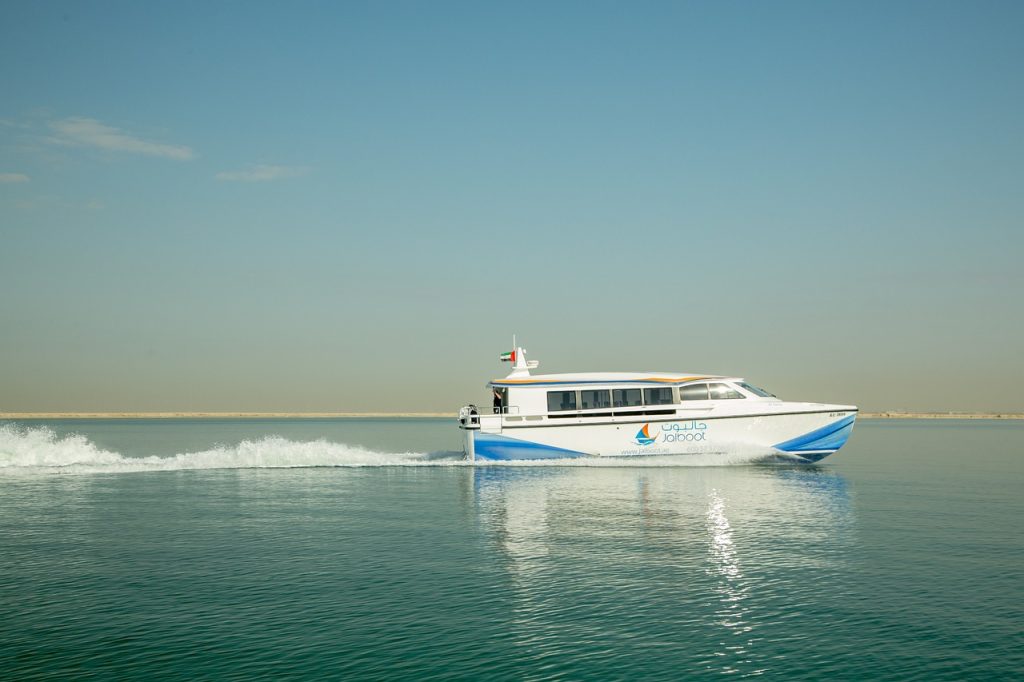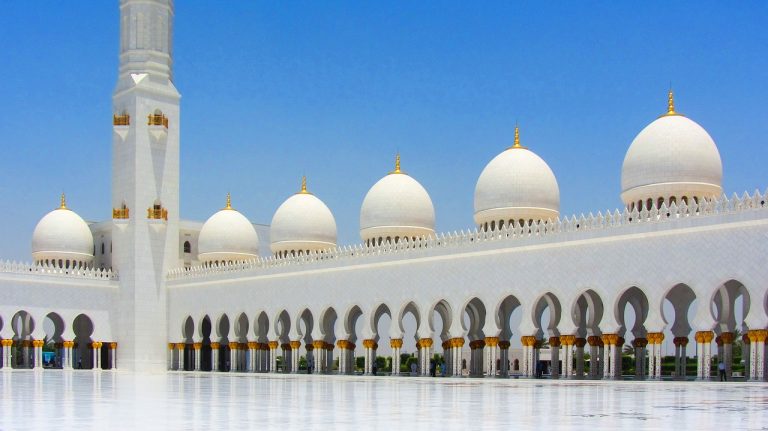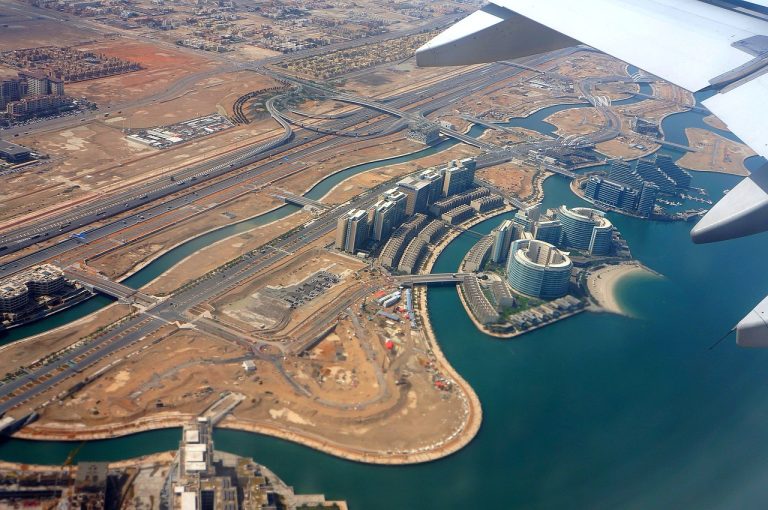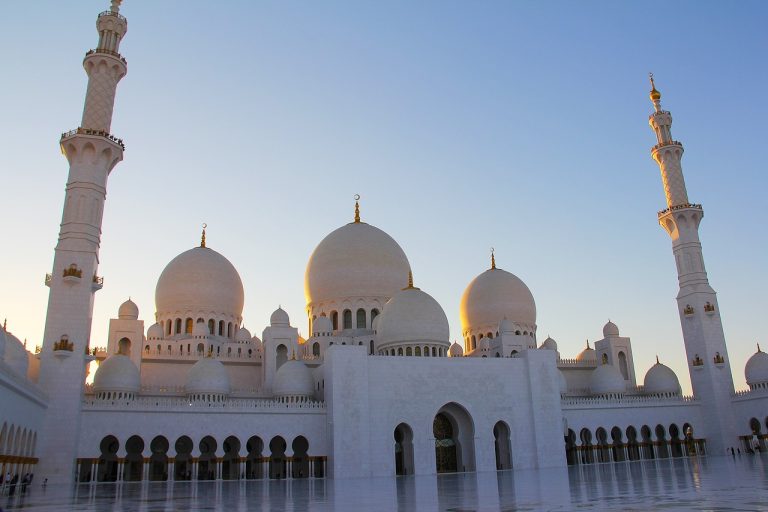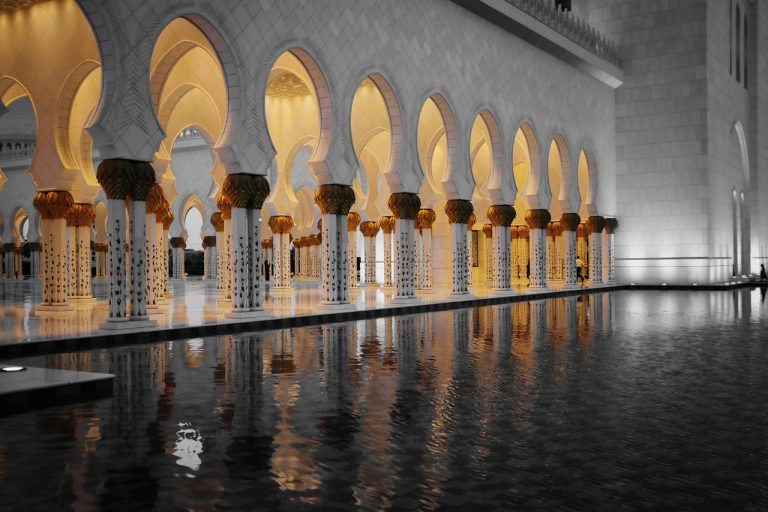Abu Dhabi UAE Video
Eco-tourism in Abu Dhabi UAE: Sustainable and Green Travel Options
Eco-tourism in Abu Dhabi, UAE offers travelers a unique opportunity to explore the region’s natural beauty while promoting sustainable and green practices. From protected wildlife areas to eco-friendly accommodations, Abu Dhabi provides a range of options for environmentally conscious travelers. This article will delve into ten different aspects of eco-tourism in Abu Dhabi, highlighting the sustainable and green travel options available.
Natural Reserves and Protected Areas
Abu Dhabi is home to several natural reserves and protected areas that showcase the region’s diverse ecosystems. These areas are carefully managed to ensure the preservation of flora and fauna. Visitors can explore the beautiful landscapes, observe wildlife, and participate in educational activities. Some notable natural reserves and protected areas in Abu Dhabi include:
- Sir Bani Yas Island: This natural reserve is located off the coast of Abu Dhabi and is home to a variety of wildlife, including Arabian oryx, giraffes, and cheetahs. Visitors can enjoy safari drives, nature walks, and birdwatching.
- Al Wathba Wetland Reserve: This wetland reserve provides a habitat for migratory birds and is an important breeding ground for several species. Visitors can explore the reserve through guided walks and birdwatching tours.
- Jebel Hafit Desert Park: Located near Al Ain, this park offers stunning views of the desert landscape and provides opportunities for hiking, biking, and camping. The park also features a visitor center with interactive exhibits.
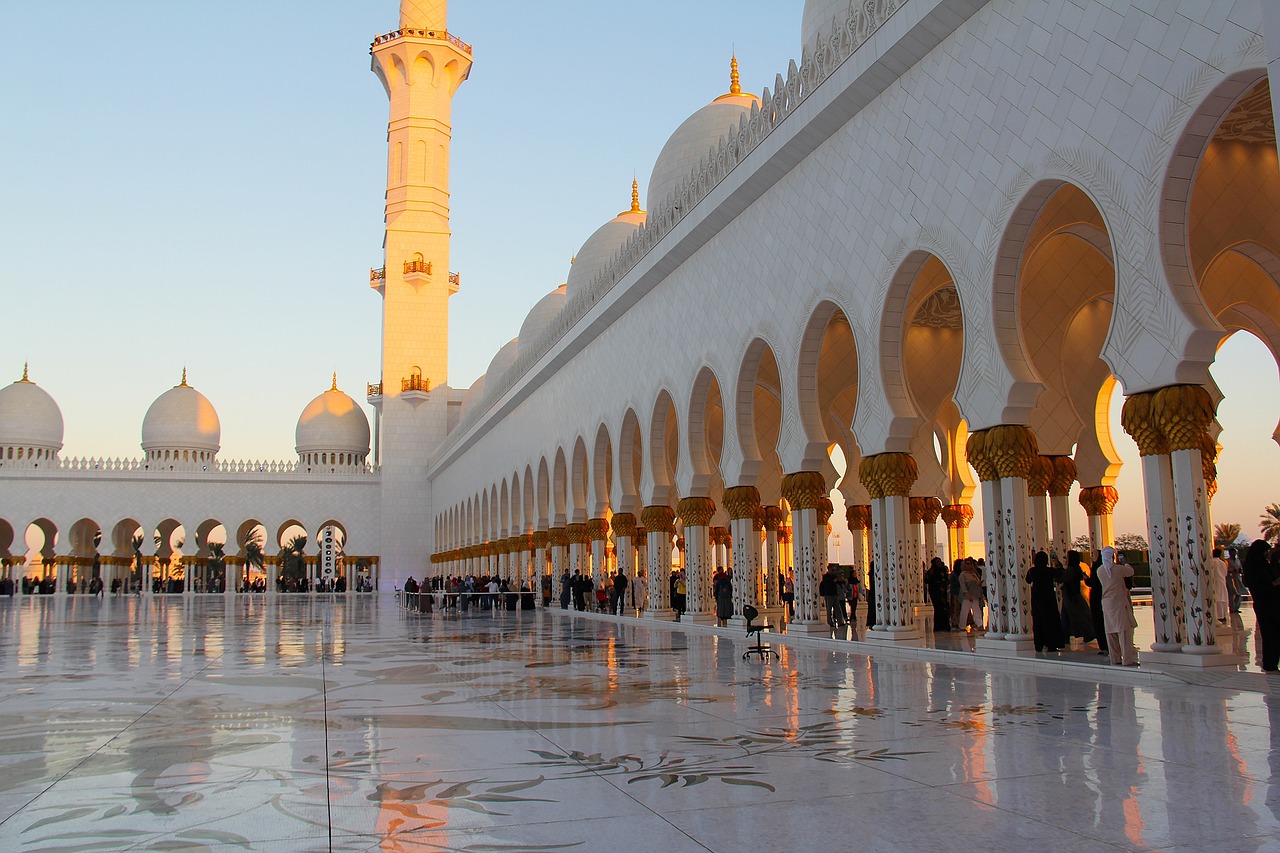
Eco-friendly Accommodations
Abu Dhabi boasts a range of eco-friendly accommodations that prioritize sustainability and minimize environmental impact. These establishments implement various initiatives to conserve energy, reduce water consumption, and promote recycling. Some eco-friendly accommodations in Abu Dhabi include:
- Anantara Sir Bani Yas Island Resorts: This resort complex on Sir Bani Yas Island features three luxury resorts that are committed to environmental conservation. They incorporate sustainable practices such as solar power, water recycling, and organic farming.
- Qasr Al Sarab Desert Resort by Anantara: Located in the Empty Quarter desert, this resort focuses on sustainability and offers eco-friendly amenities. It utilizes solar energy, recycles water, and supports local communities.
- Yas Island Rotana: This hotel on Yas Island implements sustainable practices such as energy-efficient lighting, water-saving measures, and waste reduction initiatives. It also supports local charities and community projects.
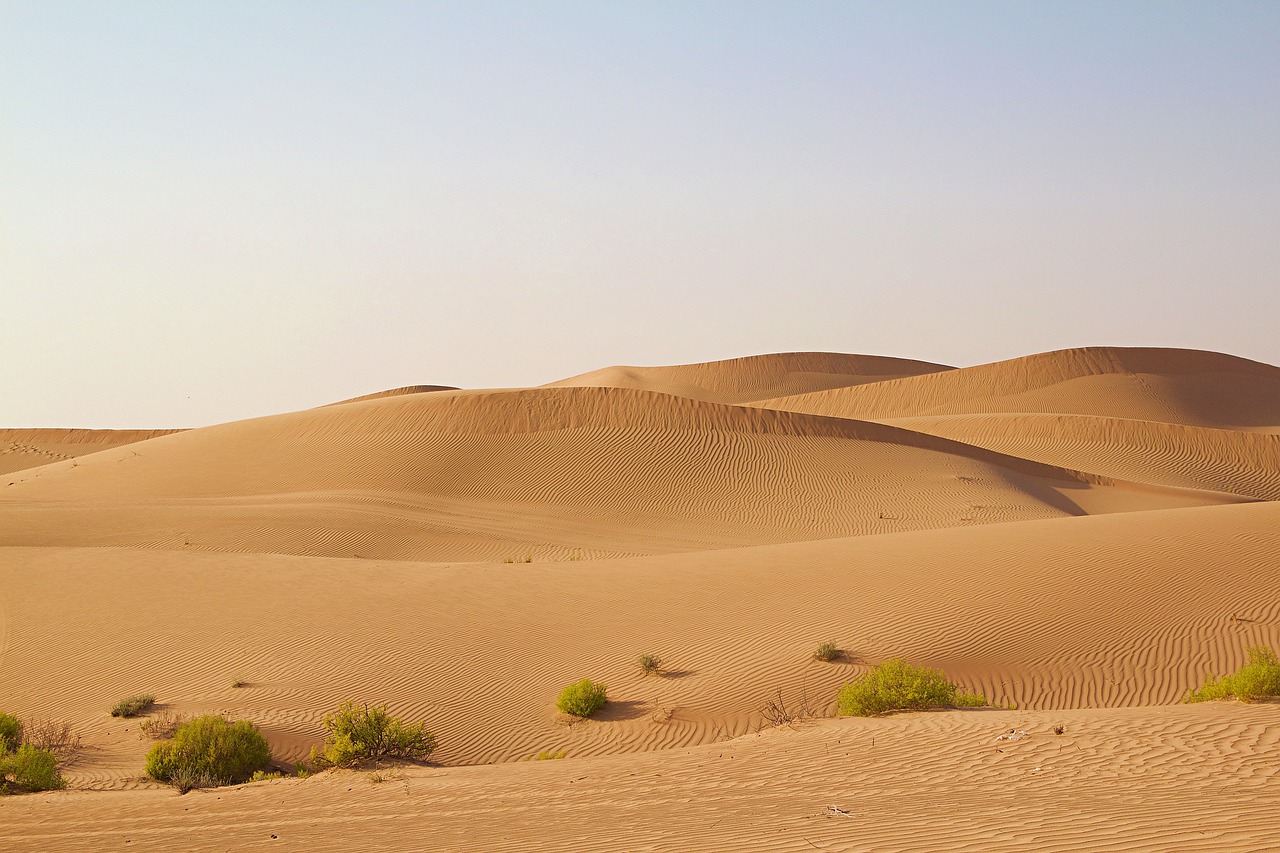
Renewable Energy Initiatives
Abu Dhabi is actively investing in renewable energy sources to reduce its carbon footprint and promote sustainability. The region has several notable renewable energy initiatives, including:
- Shams Solar Power Station: Located in the Al Dhafra region, Shams is one of the largest concentrated solar power plants in the world. It generates clean energy and contributes to Abu Dhabi’s goal of increasing renewable energy capacity.
- Green Energy Program: Abu Dhabi’s Green Energy Program aims to promote the use of renewable energy in residential and commercial buildings. It offers incentives and subsidies for installing solar panels and other clean energy systems.
- Masdar City: Masdar City is a sustainable urban development project that focuses on renewable energy and clean technologies. It serves as a hub for research, innovation, and sustainable living.
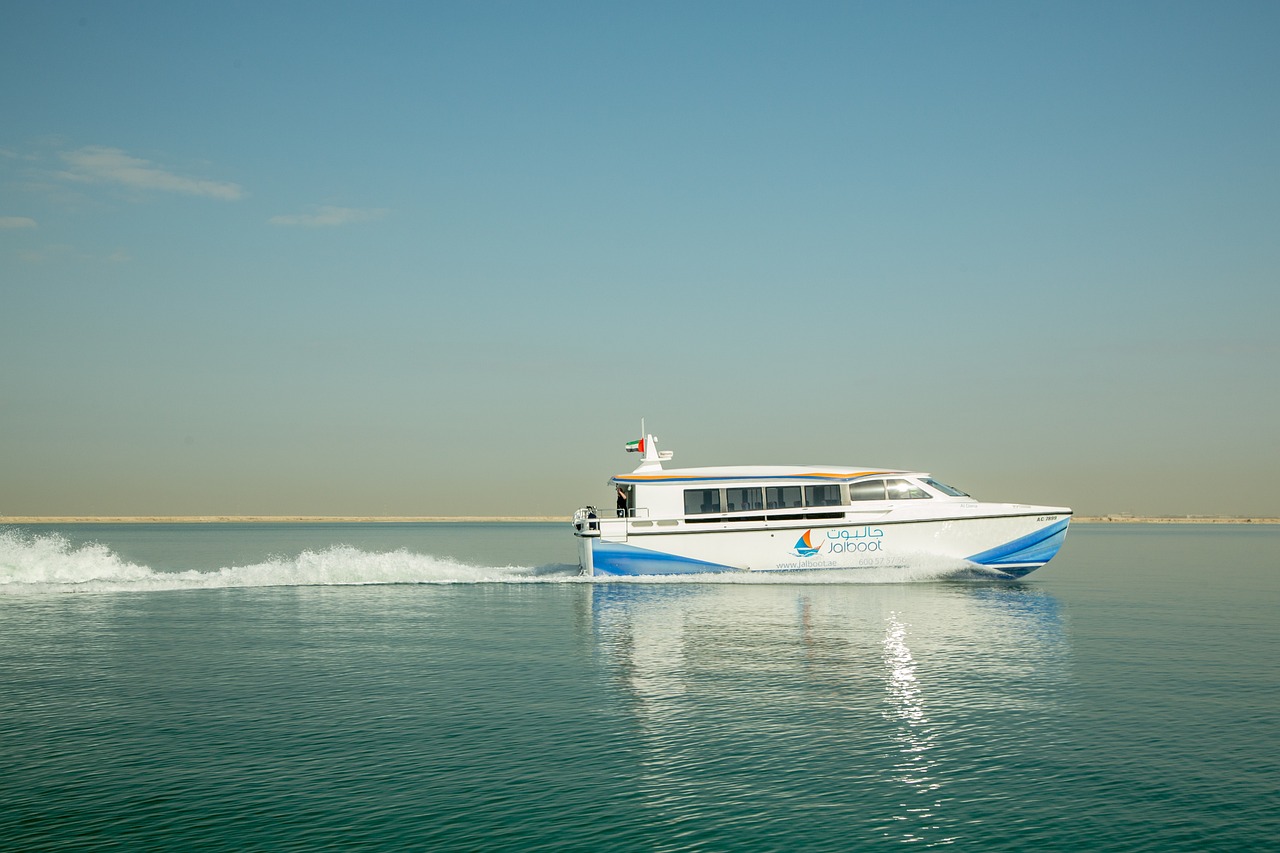
Local Sustainable Cuisine
Abu Dhabi’s culinary scene embraces sustainable practices, with a focus on locally sourced ingredients and traditional recipes. Visitors can enjoy delicious dishes made from fresh, organic produce and support local farmers and fishermen. Some popular sustainable cuisine options in Abu Dhabi include:
- Li Beirut: This restaurant at Jumeirah at Etihad Towers offers Lebanese cuisine made from locally sourced ingredients. It emphasizes sustainable farming practices and supports local communities.
- Al Meylas: Located at Four Seasons Hotel Abu Dhabi, Al Meylas serves Emirati cuisine prepared with locally grown ingredients. The restaurant promotes sustainable farming and highlights traditional food culture.
- Locally Sourced Markets: Abu Dhabi has several farmers’ markets and organic food stores where visitors can purchase sustainable and locally produced ingredients. These markets support small-scale farmers and promote sustainable agriculture.
Environmental Education and Awareness
Abu Dhabi places a strong emphasis on environmental education and awareness to promote sustainable practices among residents and visitors. Various organizations and initiatives provide educational programs and resources. Some notable environmental education initiatives in Abu Dhabi include:
- Environment Agency – Abu Dhabi: The Environment Agency offers educational programs and workshops on topics such as biodiversity, climate change, and waste management. It also conducts awareness campaigns to engage the community.
- Al Wathba Wetland Reserve Visitor Center: The visitor center at Al Wathba Wetland Reserve provides interactive exhibits and educational materials to raise awareness about wetland ecosystems and the importance of conservation.
- Al Ain Zoo: Al Ain Zoo not only serves as a wildlife conservation center but also offers educational programs and activities to promote environmental awareness. Visitors can learn about endangered species and conservation efforts.
Alternative Transportation Options
Abu Dhabi encourages sustainable transportation options to reduce carbon emissions and congestion. Travelers can make use of various alternative transportation options within the city. Some sustainable transportation options in Abu Dhabi include:
- Bike-sharing: Abu Dhabi has implemented a bike-sharing program, providing residents and visitors with an eco-friendly mode of transportation. Bicycles can be rented from designated stations throughout the city.
- Public Transportation: Abu Dhabi has an efficient public transportation system, including buses and trams, which helps reduce the reliance on private vehicles. The system is well-connected, making it convenient for travelers to explore the city sustainably.
- Electric Taxis: Electric taxis are available in Abu Dhabi, providing a greener alternative to traditional taxis. These vehicles produce fewer emissions and contribute to a cleaner environment.
Sustainable Shopping
Abu Dhabi offers sustainable shopping experiences, with a focus on eco-friendly products and supporting local artisans. Visitors can find a range of sustainable and ethically produced items. Some sustainable shopping options in Abu Dhabi include:
- Liwa Dates: Liwa Dates is a local brand that specializes in organic and sustainably grown dates. The dates are sourced from the Liwa Oasis, known for its fertile soil and traditional farming methods.
- Emirates Bio Farm: Emirates Bio Farm is the largest organic farm in the UAE, offering a wide range of organic fruits, vegetables, and dairy products. Visitors can purchase fresh produce directly from the farm.
- Local Artisan Markets: Abu Dhabi hosts regular artisan markets where local craftsmen and artisans showcase their sustainable and handmade products. These markets promote traditional craftsmanship and support local businesses.
Water Conservation Efforts
Abu Dhabi recognizes the importance of water conservation in the arid desert environment. Various initiatives and practices are in place to reduce water consumption and promote responsible water usage. Some water conservation efforts in Abu Dhabi include:
- Xeriscaping: Xeriscaping is a landscaping technique that focuses on using drought-resistant plants and minimizing water usage. Abu Dhabi incorporates xeriscaping in public spaces and encourages residents to adopt this practice.
- Water Desalination: Abu Dhabi utilizes desalination plants to convert seawater into freshwater. These plants help meet the region’s water demands while minimizing the strain on natural water sources.
- Public Awareness Campaigns: The government of Abu Dhabi conducts public awareness campaigns to educate residents and visitors about the importance of water conservation. These campaigns promote responsible water usage and provide tips for saving water.
Community-based Tourism
Community-based tourism initiatives in Abu Dhabi provide travelers with the opportunity to engage with local communities and support sustainable development. These initiatives aim to preserve cultural heritage and empower local residents. Some community-based tourism options in Abu Dhabi include:
- Liwa Cultural Tour: The Liwa Cultural Tour offers visitors a chance to explore the traditions and heritage of the Liwa Oasis. Travelers can interact with local communities, learn traditional crafts, and experience Emirati hospitality.
- Al Jahili Fort: Al Jahili Fort in Al Ain hosts cultural events and exhibitions that showcase Emirati heritage. Visitors can learn about the history of the region and engage with local artists and craftsmen.
- Heritage Village: Abu Dhabi’s Heritage Village provides insights into traditional Emirati life. Visitors can explore traditional buildings, watch artisans at work, and participate in cultural activities.

Conclusion
Eco-tourism in Abu Dhabi, UAE offers travelers a sustainable and green approach to exploring the region’s natural and cultural treasures. From protected wildlife areas to eco-friendly accommodations, Abu Dhabi provides a range of options for environmentally conscious travelers. By embracing eco-tourism practices, visitors can contribute to the preservation of Abu Dhabi’s natural beauty and support sustainable development.
References
- Sir Bani Yas Island: sirbaniyasisland.com
- Al Wathba Wetland Reserve: ead.ae
- Jebel Hafit Desert Park: alainzoo.ae
- Anantara Sir Bani Yas Island Resorts: anantara.com
- Qasr Al Sarab Desert Resort by Anantara: anantara.com
- Yas Island Rotana: rotana.com
- Shams Solar Power Station: shamspower.ae
- Green Energy Program: dewa.gov.ae
- Masdar City: masdar.ae
- Li Beirut: jumeirah.com
- Al Meylas: fourseasons.com
- Environment Agency – Abu Dhabi: ead.ae
- Al Ain Zoo: alainzoo.ae
- Liwa Dates: liwadates.com
- Emirates Bio Farm: emiratesbiofarm.com

